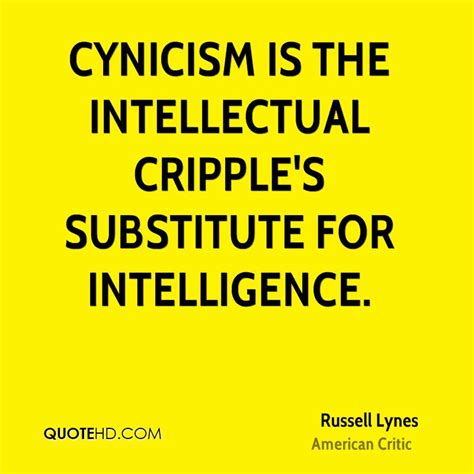A Quote by Alfred P. Sloan
Bedside manners are no substitute for the right diagnosis.
Quote Topics
Related Quotes
In man's life, the absence of an essential component usually leads to the adoption of a substitute. The substitute is usually embraced with vehemence and extremism, for we have to convince ourselves that what we took as second choice is the best there ever was. Thus blind faith is to a considerable extent a substitute for the lost faith in ourselves; insatiable desire a substitute for hope; accumulation a substitute for growth; fervent hustling a substitute for purposeful action; and pride a substitute for an unattainable self-respect.
This is another thing which I really like investigating in my novels: what is it that makes an intimate society, that makes a society in which moral concern for others will be possible? Part of that I think are manners and ritual. We tried to get rid of manners, we tried to abolish manners in the '60s. Manners were very, very old-fashioned and un-cool. And of course we didn't realise that manners are the building blocks of proper moral relationships between people.



































